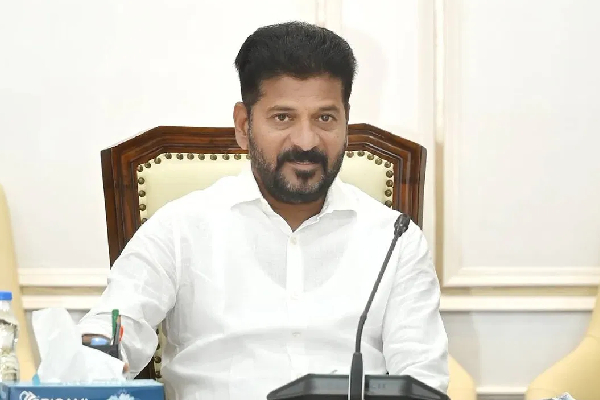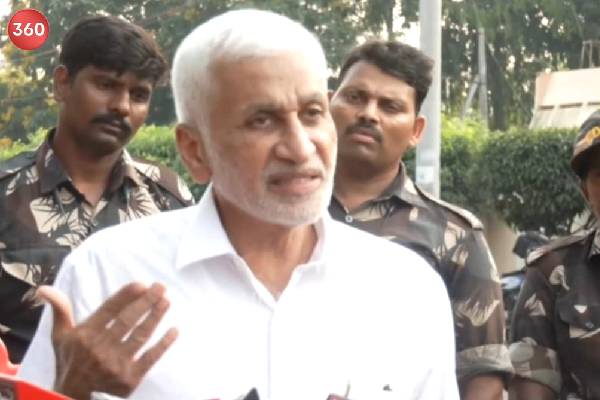The Union Government on Thursday came up with new stringent guidelines for social media platforms along with code of ethics for over-the-top (OTT) platforms and digital media.
Addressing the media, the Union Minister for Electronics and IT, Ravi Shankar Prasad said that social media platforms will be classified under two categories – social media intermediaries and significant social media intermediaries – with the latter being subject to greater obligations.
The government will soon notify a list of significant social media intermediaries soon, the minister said, adding that platforms with a “significant” number of users will be classified as significant social media intermediaries. A benchmark number would be set for the classification, he said.
The Information Technology (Intermediary Guidelines and Digital Media Ethics Code) Rules 2021 mandate that the intermediaries, including social media intermediaries must establish a grievance redressal mechanism for receiving resolving complaints from the users or victims.
Intermediaries will have to appoint a Grievance Officer to deal with such complaints and share the name and contact details of such officer. Grievance Officer shall acknowledge the complaint within twenty-four hours and resolve it within fifteen days from its receipt, said an official statement.
As per the new norms “an intermediary upon receiving actual knowledge in the form of an order by a court or being notified by the appropriate government should not host or publish any information which is prohibited under any law in relation to the interest of the sovereignty and integrity of India, public order, friendly relations with foreign countries etc.”
Further, significant social media intermediaries providing services primarily in the nature of messaging shall enable identification of the originator of the information that is required only offences related to sovereignty and integrity of India, the security of the state, friendly relations with foreign states, or public order or of incitement to an offence relating to rape, sexually explicit material or child sexual abuse.
The norm would be applicable to offences under which an offender would be punishable with imprisonment for a term of not less than five years.
Intermediary shall not be required to disclose the contents of any message or any other information to the first originator, said the statement.
Further, the significant platforms will have to appoint a Chief Compliance Officer, a Nodal Contact Person, a Resident Grievance Officer.
The platforms would also have to publish a monthly compliance report mentioning the details of complaints received and action taken on the complaints as well as details of contents removed proactively by the significant social media intermediary.
In cases where significant social media intermediaries remove or disable access to any information on their own accord, then a prior intimation for the same shall be communicated to the user who has shared that information with a notice explaining the grounds and reasons for such action.
Users must be provided an adequate and reasonable opportunity to dispute the action taken by the intermediary, as per the new norms.
The rules will come in effect from the date of their publication in the gazette, except for the additional due diligence for significant social media intermediaries, which shall come in effect 3 months after publication of these Rules.
Further, on the online news, OTT platforms and digital media platforms, the government has set up three-level grievance redressal mechanism has been under the rules with different levels of self-regulation. The levels are self-regulation by the publishers, self-regulation by the self-regulating bodies of the publishers, oversight mechanism self-classification of content.
A per the Code of Ethics, the publisher shall appoint a Grievance Redressal Officer based in India who shall be responsible for the redressal of grievances received by it.
The officer shall take decision on every grievance received by it within 15 days.
There may be one or more self-regulatory bodies of publishers. Such a body shall be headed by a retired judge of the Supreme Court, a High Court or independent eminent person and have not more than six members. Such a body will have to register with the Ministry of Information and Broadcasting.
This body will oversee the adherence by the publisher to the Code of Ethics and address grievances that have not be been resolved by the publisher within 15 days.


































